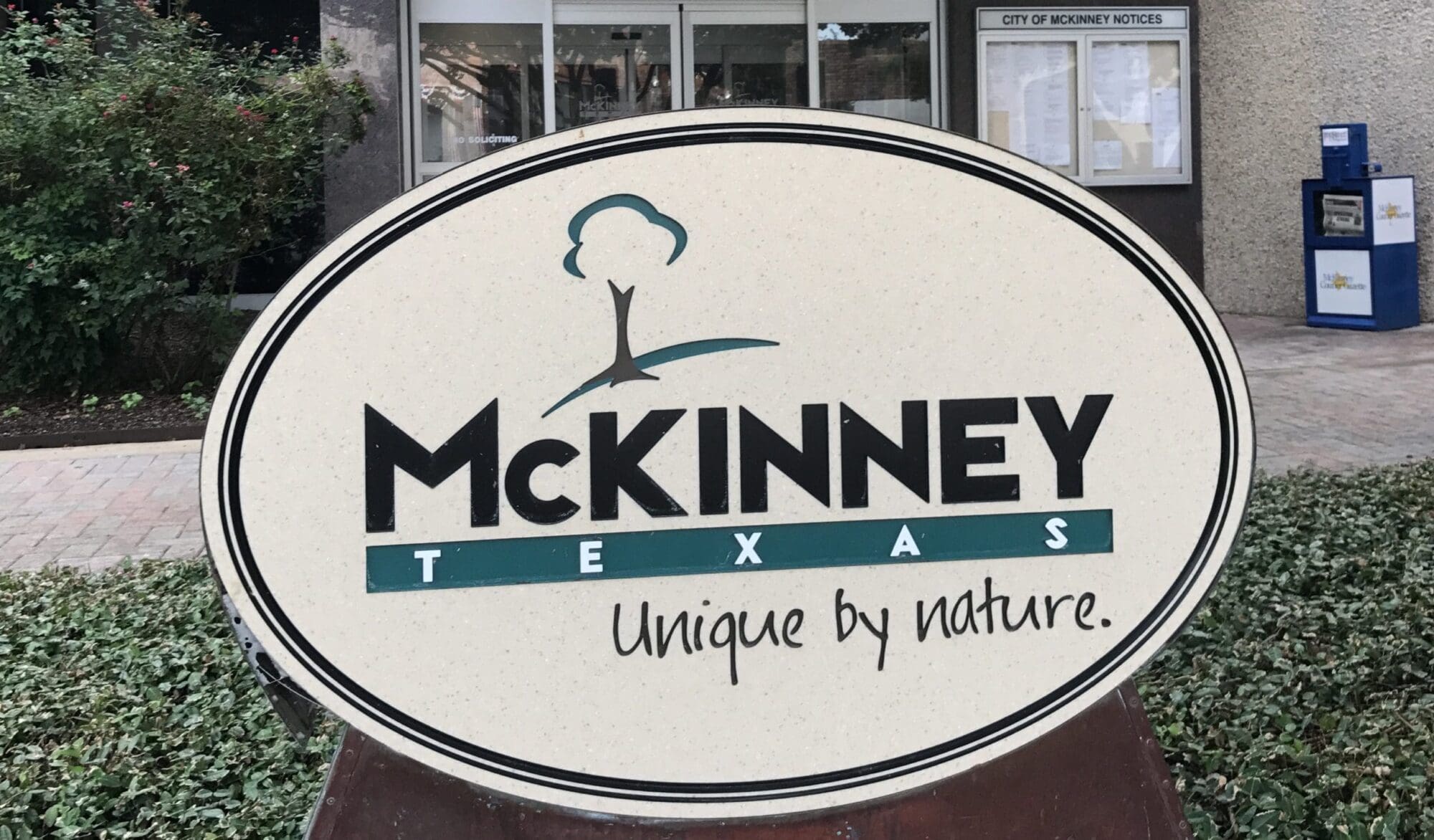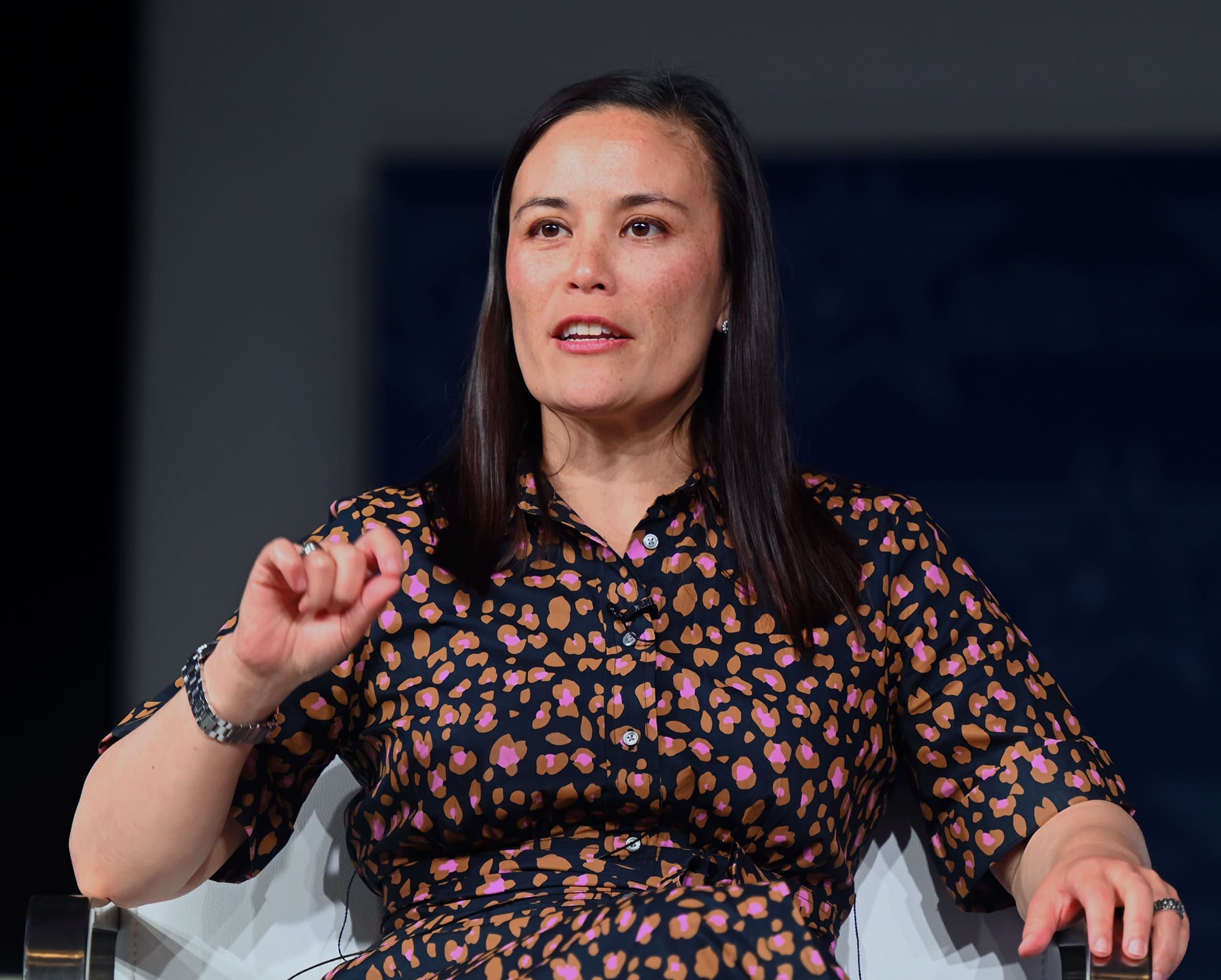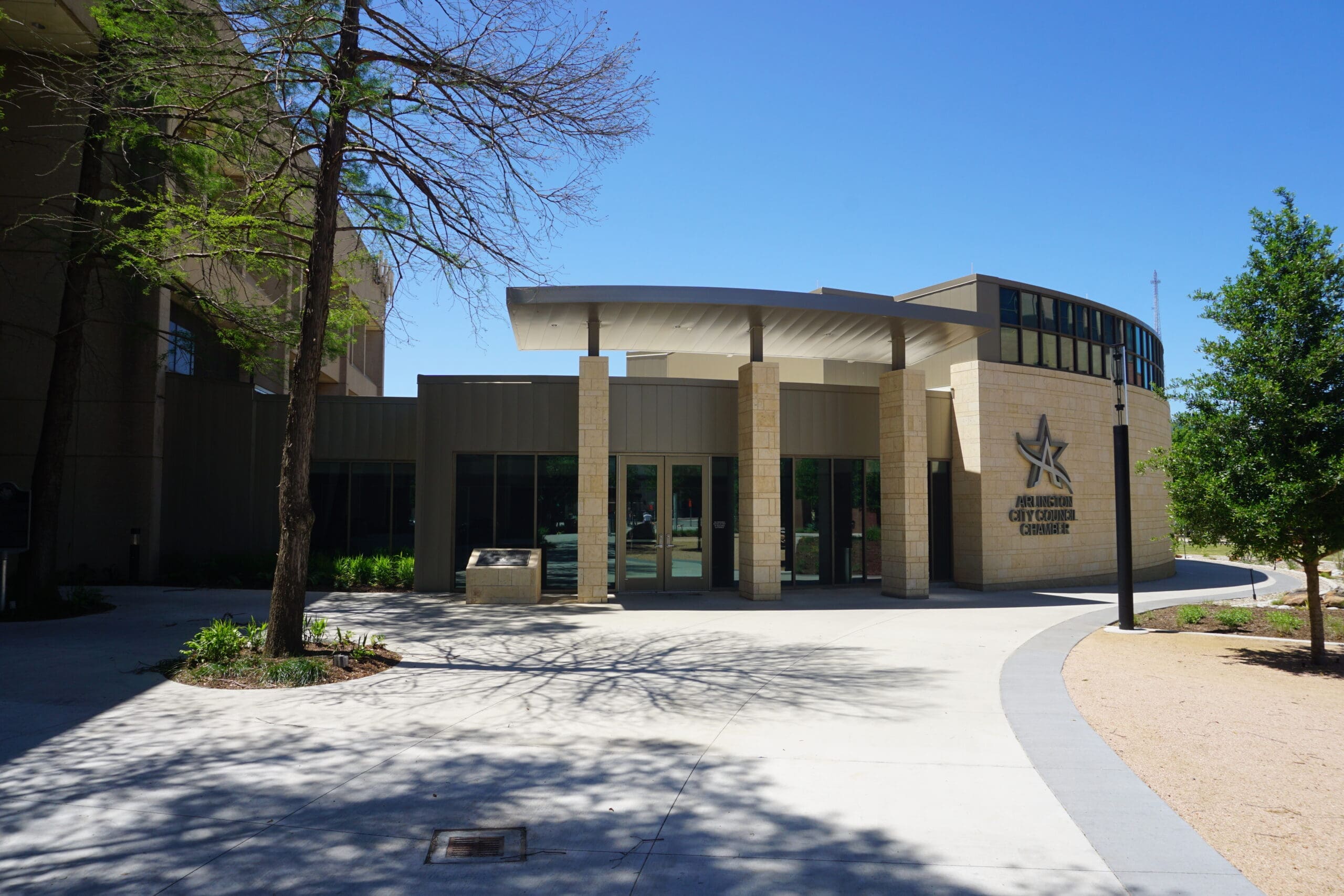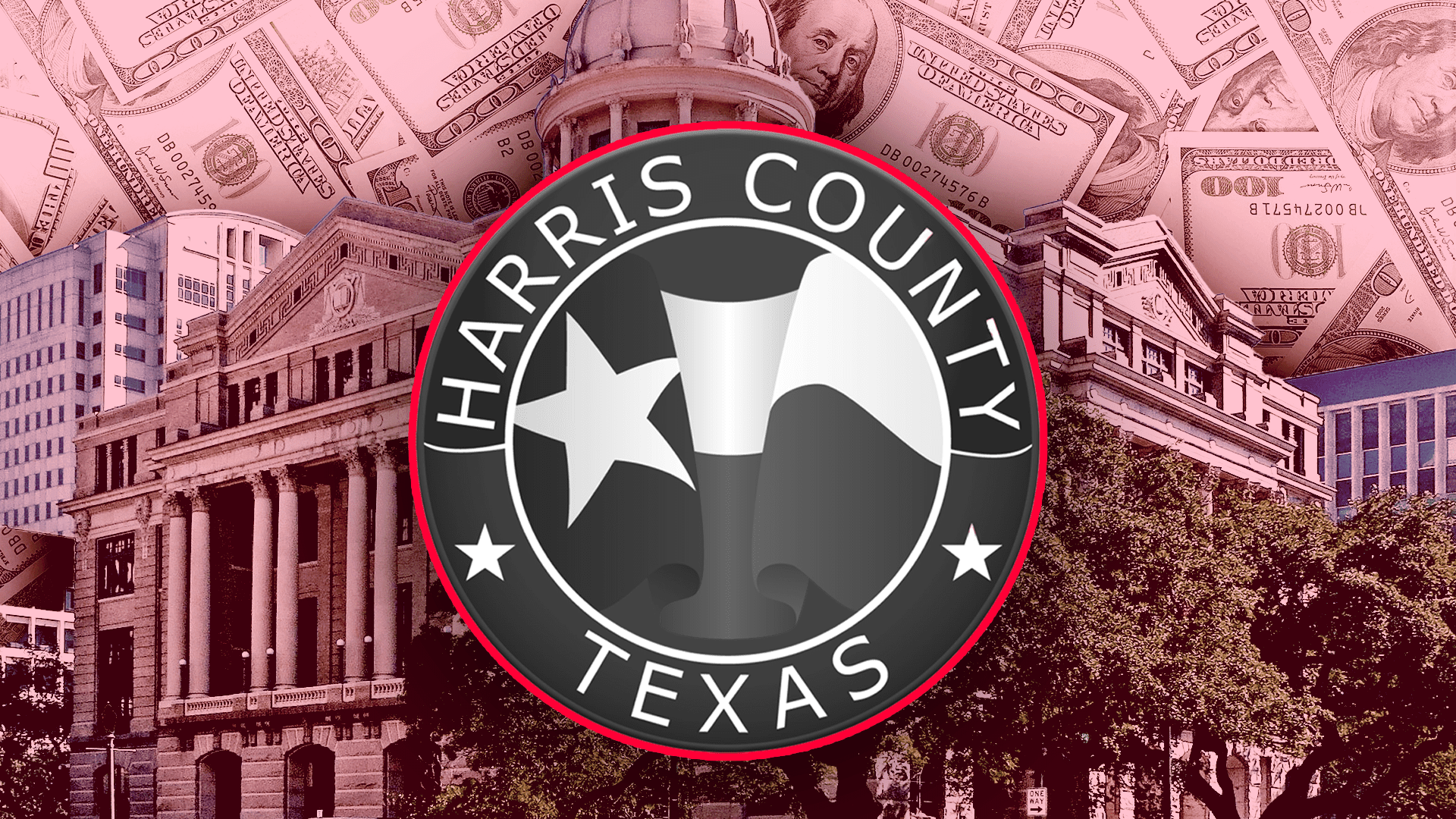McKinney City Council members are asking voters to give them more time in office and more money for doing their job.
During a meeting Tuesday, council members voted 5-1 to place four city charter amendment propositions on the November 5 ballot. Two would set longer term limits and increase the pay for council positions.
Proposition A would extend term limits for the mayor and city council members from two to three consecutive four-year terms.
The change would allow Mayor George Fuller to seek a third term in 2025.
Proposition B would approve a monthly salary of $750 for council members and $1,000 for the mayor, with regular cost-of-living adjustments. The new pay would apply to council members elected or re-elected in 2025 and beyond.
Currently, council members receive $50 per meeting.
Propositions C and D include non-substantive changes to update the city charter.
Councilman Justin Beller cast the lone vote against putting the propositions on the ballot.
Council members originally considered placing a term limit extension on the May ballot but decided to postpone the charter amendment vote until the November election after citizens objected.
The council then appointed a 21-member charter commission, which met four times before presenting its recommendations on July 23.
The commission recommended updating council members’ compensation but made no specific recommendation on term limits.
Council members discussed the commission’s suggestions in a work session prior to the regular council meeting.
District 3 Councilwoman Geré Feltus asserted that “91 percent of cities in this country do not have term limits.”
“Folks want term limits by and large,” said District 2 Councilman Patrick Cloutier, referencing citizen surveys. “But it’s a question of how many.”
At-large Councilman Michael Jones argued that loopholes in the current charter allow members to serve unlimited terms by running for different seats, although they may not run for the same seat for more than two consecutive terms.
Mayor Fuller said he has always opposed any term limits, “not because the position I’m in now, but for my entire life.”
“I believe that term limits should be decided at the ballot box,” he said. “The fact that 2,400 people in 2006 voted to impose an arbitrary number of two terms, that takes away my ability to vote for who I think is the right person.”
Fuller cited former Councilmember and Mayor, and current head of the city’s Economic Development Corporation, Brian Loughmiller as a “real-world example” of why he opposes term limits.
He called Loughmiller “one of the greatest public servants that the city has had.”
Loughmiller and Fuller are directors of a nonprofit corporation called McKinney Above the Rest, Inc. that promotes expansion of the city’s airport—a pet project of the current mayor.
Fuller also echoed Jones’ assertion that the current charter allows council members to avoid term limits by jumping from seat to seat after two terms in one position.
“Basically the way it is, is there are no term limits,” Fuller said.
During the regular meeting, McKinney resident Debbie Lindstrom spoke on behalf of advocacy group Citizens Defending Freedom against the proposition to extend term limits.
“What’s particularly alarming is that this amendment was not initiated by citizens of McKinney. Instead, it originated from within this very council. This fact alone raises serious questions about the true motives behind this proposal,” Lindstrom told council members during public comments.
“Term limits exist for good reasons. They ensure a regular influx of fresh ideas, prevent the entrenchment of power and maintain a healthy democratic process. By seeking to extend these limits, you risk undermining these crucial aspects of local government,” she said.
Last month, myRGV.com reported that the city of Edinburg killed a similar proposal to extend its term limits from two to three four-year terms due to public backlash.
“The president of the United States only gets eight years. If they can’t take care of it … then you should not have any more time,” Edinburg resident and local government watchdog Fern McClaugherty said during a city council meeting, reminding members that citizens just voted in 2018 to reduce the elected officials’ terms from three to two.
McKinney council members deferred a decision on a proposal to add more council seats.
During Tuesday’s meeting, council members also approved a maximum property tax rate for 2025 of just under 42 cents, about two cents higher than the No New Revenue rate.
The council will hold a budget and tax rate work session on Friday, August 9. Public input on the budget will be heard during the August 20 council meeting, and a public hearing and final vote on the budget and tax rate is scheduled for September 3.
Early voting in the city’s November 5 charter amendment election begins October 21.





